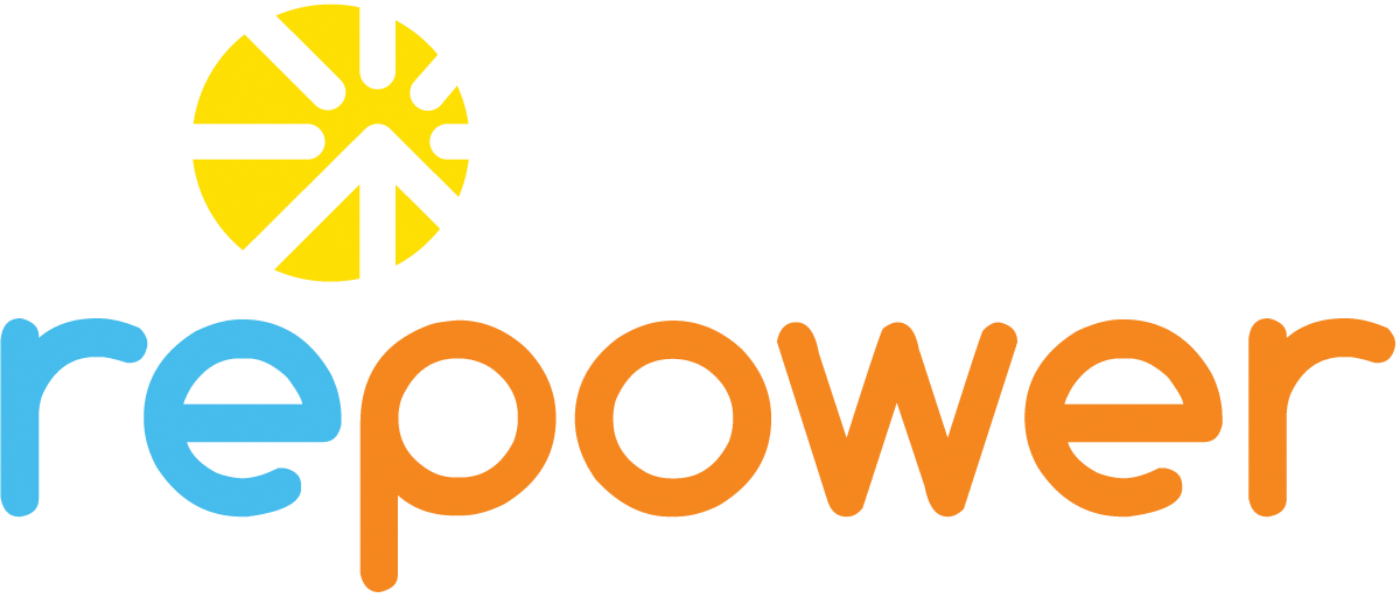We are, admittedly, geeks; Popular Mechanics is cool. Therein, an article this month engages the value of solar, beyond the obvious utility savings. Thesis:
There’s a persistent myth that says houses with solar panels could raise energy costs for their neighbors. But a new analysis puts that notion to bed, showing that solar panels actually drop the cost of power, even for nearby houses.
How’s that? Scientists say solar panels lower peak demand on stressed traditional grids and have reduced the amount of infrastructure dollars that energy utilities must invest. By hooking your solar panels to the grid, you’re sneakily a hands-on investor in your local utilities.
The perpetual tug-of-war between the solar industry and utilities (and their regulators) sees and saws on the cost (or, positively, value) of residential solar systems. The Popular Mechanics piece references a study cited in the March issue of Renewable and Sustainable Energy Reviews. Instead of solar panels increasing the cost of electricity for homes without solar, the reverse is true (through the financial lens of utilities): Homes with solar panels greatly subsidize local electrical grids.
The researchers broke down the “value of solar,” assessing variables (i.e., avoided costs to utilities) like plant O&M [operation & management] fixed and variable; fuel; generation capacity, reserve capacity, transmission capacity, distribution capacity, and environmental and health liability. The results:
… grid-tied utility customers are being grossly under-compensated in most of the U.S. as the value of solar eclipses the net metering rate as well as two-tiered rates.
One additional thought: A community’s energy resilience improves as its distributed generation network (grid-connected solar systems) grows. In simple terms, communities in Yolo County are less dependent on the grid given the abundance of local solar systems. When demand for electricity peaks — think of August/September last year — we have a vast array of homes producing their own power (including nearly one-in-three in Davis). Hence, we are less susceptible to brown outs, and we make PG&E’s job easier (and less expensive).
Let Yolo shine.




